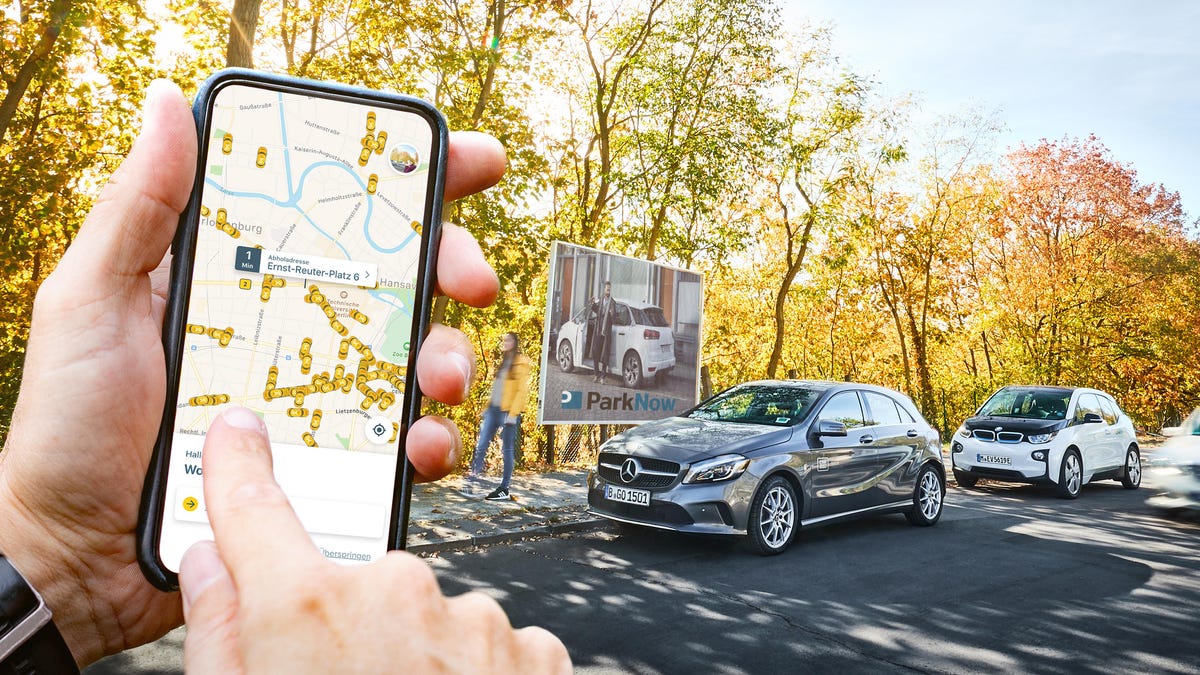BMW and Daimler's joint mobility company gets regulatory green light
You know it's a cutthroat environment when two embattled competitors are joining forces.
In early 2018, reports circulated that Mercedes-Benz parent company Daimler intended to partner with BMW and merge their ride-hailing and car-sharing ventures into some sort of Mobility Megazord. Now, we're well past the rumor stage, as the joint venture is about ready to kick off thanks to regulatory approval.
Regulators in the US have given BMW and Daimler the green light to merge their mobility services under a single effort, the last step in the necessary regulatory hurdle-jumping. The two companies must now finalize the deal -- BMW says in a statement that this should happen by the end of January.
The company doesn't have a name yet, but it has a goal: Blend every mobility service together and blast the competition back to infancy. Daimler's Moovel and BMW's ReachNow will merge to make it easier for users to take advantage of multi-modal mobility (e.g. taking a bike to a train, then taking a car from the station to somewhere else). Car2Go and DriveNow will create a car-sharing giant that already encompasses 20,000 vehicles, 30 international cities and some 4 million customers.
The JV will also offer ride-hailing options, thanks to already established efforts like Mytaxi, Chauffeur Privé and Beat. On the parking front, BMW already has a strong partnership with Parkmobile, and expanding that should only make finding parking easier. There will also be an EV charging aspect, helping connect users with readily accessible chargers around the world.
Basically, this partnership is all about making it easier to get places without a personal vehicle. While this definitely seems like a case of strange bedfellows, there are some major movers and shakers in the mobility space that give both automakers a reason to be fearful. With the growth of companies like Uber, Lyft Didi Chuxing -- and their subsequent expansions beyond rote ride hailing -- traditional automakers are willing to team up with major competitors to ensure they aren't left behind in this shift.


